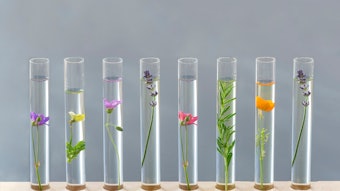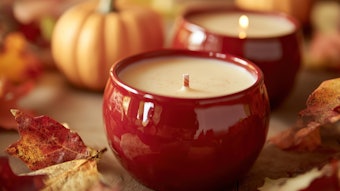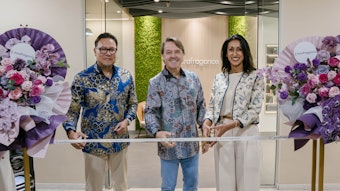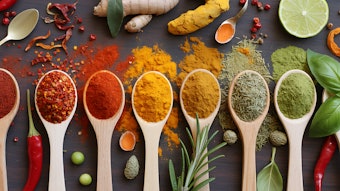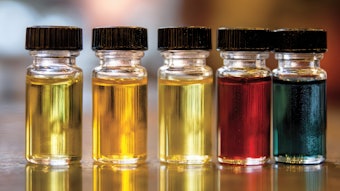Phenethyl alcohol, or PEA, as it is commonly referred to in the industry, is basically a fragrance raw material, as more than 99% of its volume usage is realized in this area. The usage in flavors in only minor, yet the flavorist will require PEA for defined applications where it cannot be substituted by other materials. Paradoxically, in the area of fragrances, other floral alcohols can be substituted for PEA in the initial creation of a formulation, although the end result will not be an exact match.
PEA can also be used in place of other floral alcohols when price and availability demand its use. Historically, PEA's price has been lower than that of linalool, its most popular alternative. In global areas where PEA in manufactured locally and linalool is largely imported, the relative volumes of the two materials show far greater amounts of PEA consumed than linalool. Truly, PEA is one of our industry's workhorses and has even been referred to as "the blender supreme."
The secret o PEA's universal popularity clearly lies in the human preference for rose odors, as the fragrance of roses has been shown to be the most desirable odor. Why else would one pay $3,000/kg for natural rose oil.
